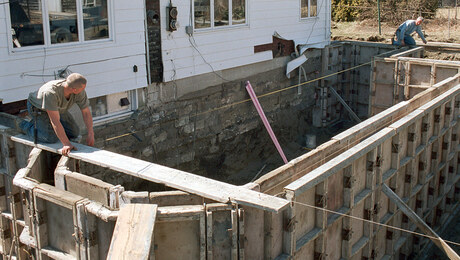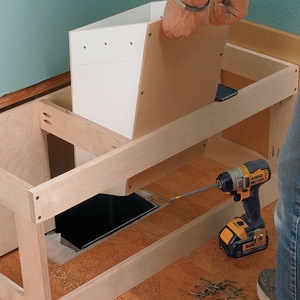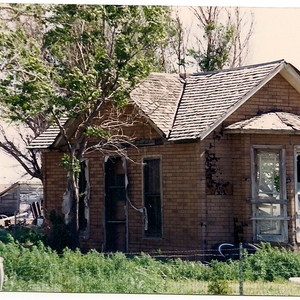Just to begin with, for Calvin’s sake, my engineer is on the French riviara, my supplier is in the hospital, phone is broken, white glue has not helped, and my internet is down (LOL).
Just to confirm, does a hot water dispenser use about 10 amps? Does a garbage disposer use about the same?
I beleive code requires a separate circuit for a disposer (confirm if able), so I would think a water dispenser should have a separate circuit as well.
Thanks to all the knowledgible, friendly, and helpful folks out there. You know who you are.
Thanks.


















Replies
My HW 'dispenser' pulls 70A, 100A dedicated breaker. Probably not the type you are talking about though?
If < 10A (typical disposal) NEC 210.23A2 does allow it to be off the kitchen outlets. (GFCI of course) For all I know though, there is a newer code requires it to be AFCI also, whatever lines the pocket of the mfg who sit on hte boards?
Your HW 'dispenser' might be classed as a tankless water heater, in which case it needs its' own circuit. I put a small 1.2 GPM tankless in son's office and it required its' own breaker.
Various
You have a 70 amp HW? how many gallon tank is that?
Obviously ... or perhaps not obviously, I am talking about the small hot water dispenser for making tea or instant soups and you mount them under teh sink. I guess I am thinking about a separate circuit for teh disposer and a separate one for teh hot water.
You seem to be saying the disposer can be on teh kitchen outlet circuit. It seems that making toast and disposing of orange peels might blow the breaker ... but .... LOL It is amzing how many amps a toaster, coffe maker, gridle, etc. draw. Run two on one circuit and you might blow. Three appliancees for sure.
Code vs Convenience
We hard wire our 8.1 amp 3/4HP disposasl to their own circuit. I can't remember the code, but if you need to change one it is safer/ more convenient that way. Our H20 dispoensers plug in and at 6 amps we let them supply from one of the GFCI circuits with a single outlet under the sink.
What you have describe is what I have seen.
I am not an experienced electrician so that is what it is .... or therefore, I ask : HOw is hardwiring a disposer easier than wirering an outlet for it? I might guess you have a piece of romex at teh switch and you just run it out the wall and hardwire it as opposed to taking that romex and wiring it to an outlet. Seems one is a easy as teh other. What am I missing? Perhaps disposers typicall don't come with a plug and therefore hardwiring is easier than adding a plug to the disposer????????????????
Thanks.
Good question
The disposals don't come with a standard plug. They come with no wire. We used to wire them with a plug, then plug them in. However, with no UL listing, that was deemed a code violation.
Whirlpool (among other manufacturers) do offer a disposal, dish washer etc with a cord and plug, so they are legal as long as you use the cord set they are listed with.
When my wife was building houses, that is the only kind they offered, so the customer could make a last minute change without having to call an electrician. They just installed a multiwire (split) duplex under the counter with a back splash mounted switch on one side.
Theft being an issue, usually appliances were dropped a day or two before the closing anyway.